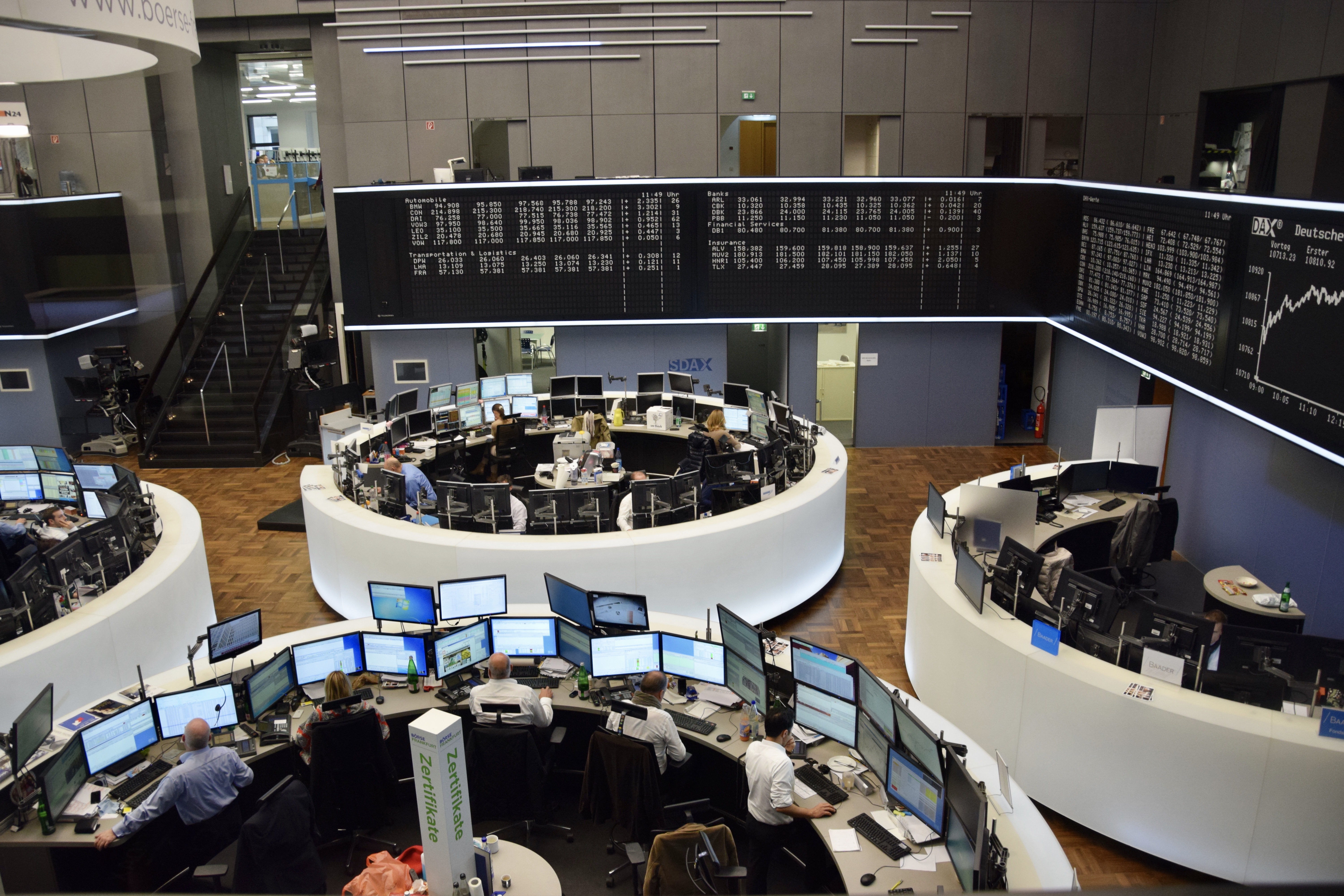As government and student funded institutions, it is imperative that universities strive to uphold an ethical approach to investment, something which Trinity is crucially failing to do. Ethical investment is a strategy whereby investors, in this case College, choose to allocate capital towards companies whose practices and values align with their own social or moral values. College’s continued investment in both the armaments and defence industry, accompanied by its unrelenting financial support for companies involved in the fossil fuel industry despite claims to champion sustainability, severely undermine its academic integrity. To profit from such companies is to gain a level of moral culpability for putting lives at stake, both in the short and long term as we see the devastating effects of global conflict and climate change unravel in years to come.
Students4change, an open-forum, independent alliance of Trinity students, received a response to their freedom of information (FOI) request regarding details of College’s endowment fund on the 30th of July 2021. The documents provided revealed the full nature of College’s investments. Perhaps most striking was the extent to which Trinity invests in armaments and defence industries — a sum amounting to approximately €2.6 million. In doing so, College is complicit in the grievous conflict and colonial oppression in which these industries are involved and as a result, the suffering and loss of innocent civilians. Companies included in these investments such as Raytheon Technologies, Airbus and BAE Systems, to name but a few, have been linked to airstrikes against civilians and civilian infrastructure in Yemen, a country ravaged by war and famine. Furthermore, €721,473 worth of investments in Lockheed Martin has helped to fund the supply of weapons and fighter jets used by the Israel Defence Forces (IDF) against Palestinian civilians. Trinity BDS (Boycott, Divestment, Sanctions), a student-led campaign group, publicly deplored College’s complicity in Israel’s apartheid at protests in June of this year.
It is not an exaggeration to say that Trinity has blood on its hands as a result of these ill-considered investments and the problematic findings of this FOI request point towards concerns regarding the need for transparency in the future.
The ugly truth of the matter is that Trinity is indirectly responsible for the supply of the equipment used to carry out such horrific war crimes. College must immediately take ownership of this truth and make amends by prioritising divestment. It is not an exaggeration to say that Trinity has blood on its hands as a result of these ill-considered investments and the problematic findings of this FOI request point towards concerns regarding the need for transparency in the future. If students and staff alike are to feel truly represented by the college they attend and fund, then there is a need for information as to which companies Trinity invests in to become freely accessible to the whole college community.
Trinity’s investments have been at the root of past controversy, namely the €8 m worth of shares that continue to be invested in up to 85 companies directly involved in fossil fuel activities, of which 11 are involved in extraction. College’s investments in fossil fuel industries still represent a whopping 3.6% of the endowment fund, despite the fact that there were explicit promises to divest from such companies as far back as 2016 — a promise which has disappointingly not come into fruition. College must be held accountable for the lack of action on this issue and student lobbying groups, parties and activists will be hopeful that Provost Linda Doyle will take steps to rectify this wrong during her first year in office.
As a well-respected, high-ranking institution, Trinity commands the societal clout to challenge the ethical standing of the fossil fuels industry by divesting from the companies that enable it to prosper.
As a well-respected, high-ranking institution, Trinity commands the societal clout to challenge the ethical standing of the fossil fuels industry by divesting from the companies that enable it to prosper. It is in College’s best interest to promptly address the matter if it hopes to truly live up to its vision to “courageously advance the cause of a pluralistic, just and sustainable society”. Using College’s endowment fund to profit off the destruction of the climate is utterly contradictory to such a vision and is quite frankly hypocritical. There exists an urgent moral obligation for third level institutions such as Trinity to take action in order to mitigate the evermore devastating effects of climate change.
History has shown time and time again that divestment has the power to act as a vital catalyst for social and political change.
History has shown time and time again that divestment has the power to act as a vital catalyst for social and political change. According to the Harvard University Institute of Politics, divestment played a fundamental role in the collapse of Apartheid in the 1980s, and holds the same potential in combatting climate change today. Nelson Mandela echoed this, also crediting divestment as a central component to South Africa’s liberation. More recently, divestment strategies have been used to exert financial pressure on the Sudanese government in an attempt to put an end to Darfur’s atrocious genocide. College should seek not to inflict harm on the world through its investments and should instead harness its authority as an influential third-level institution to oppose human rights violations and climate injustices.






